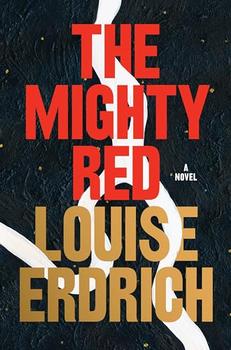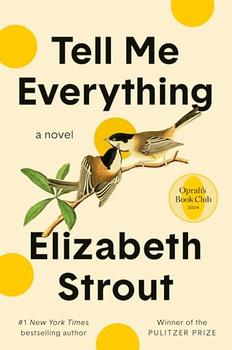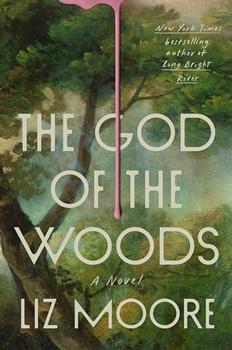(4/13/2023)
This is a book that broke my heart many times over. It shocked me. It was an emotional sucker punch. And it is a literary masterpiece.
Written by Jesmyn Ward, this is the story of the Batistes, a poor Black family living in a rundown house on rundown land peppered with rundown junk in the rural Mississippi coastal town of Bois Sauvage as Hurricane Katrina looms at sea, taking direct aim on them. And while that hurricane is churning in the warm waters of the Gulf of Mexico, an emotional hurricane is churning in the lives of this family.
Each of the 12 chapters covers a single day, leading up to Katrina's landfall on day 11 of the book. The novel is written in the first-person voice of Esch, a 15-year-old girl who thinks she does only two things well: She can run really fast, and she enjoys having sex. And while Esch has allowed several of her older brothers' friends to have sex with her since she was 12, she has fallen in love with Manny, who is 19. Now only he is allowed to touch her. But Manny is cruelly using her, which becomes a real problem since Esch is pregnant with Manny's baby. She has no one to tell and no one to help her. Meanwhile, her older brother Skeetah, who has groomed his pit bull, China, as a prize-winning fighter, is doting on the dog as she has her first litter of puppies. Randall has thoughts only for basketball, while the littlest one, Junior, follows Esch and Randall everywhere. Their mother died in childbirth with Junior, and their father is an alcoholic who is obsessed with the coming hurricane. And then that hurricane blasts its wrath over the vulnerable land.
"Bois Sauvage" is a fictional town, meaning "wild wood" in French. It is indeed wild and almost savage. But the love and care that family and friends offer each other is what tames those wild woods where white neighbors shoot at them and the pit bulls viciously tear each other apart for their owners' financial benefit. It's not an easy life, and the characters grab at happiness wherever they can find it, be in a bottle of booze, sex, basketball, or a dog.
Masterfully written in prose that is so lyrical and expressive it is almost poetic, this novel is destined to become a classic read in English classes a century from now. It is a literary gift. The book has everything: a gripping, wrenching plot, authentic characters, the powerful symbolism of the intensity of mother love juxtaposed with brutal, bloody violence, and imagery so vivid you will feel the oppressive heat, the howling wind, and the sting of red ants. Also, it should win an award for the best similes; some were so beautiful they almost made me weep.
Perhaps the most brilliant part of the novel is how Ward has interwoven the ancient Greek myth of "The Golden Fleece" throughout the story. In this myth, Medea killed her two children by her husband Jason for revenge after he was unfaithful. Esch, who is reading Edith Hamilton's book "Mythology" for her summer assigned reading, identifies with Medea as she slowly accepts the fact of her pregnancy and shakes off the cloak of apathy.
Most of all, this is just a really, really good story about the brutal struggle for survival—one that grabbed my heart and wouldn't let go.
Read it while you can! This is one of the dozens of books the state of Texas wants to ban. The specific reason cited for "Salvage the Bones" is the explicit descriptions of 15-year-old Esch having sex. Meanwhile, those defending the book insist it has important literary value and therefore is not obscene.



